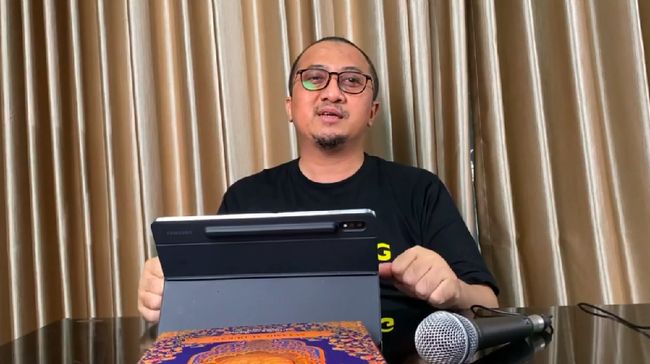ITN with its offer-non-offer of a cabinet almost blocked the parliamentary machine, almost damaged it. And that was hardly the goal. Rather, it seems that Slavi and those mentioned by him are conducting political experiments and are themselves surprised by the result. But regardless of the “surprise effect”, there is something familiar in their actions, a sense of déjà vu. What does it come from, Georgi Lozanov asks in an analysis for Deutsche Welle.
Slavi Trifonov’s ITN (2020) is the third successful (introduced deputies in the parliament) TV-party project in our country, which is more or less similar to the previous two – “Attack” (2005) by Volen Siderov and “Bulgaria without Censorship” (2014) by Nikolai Barekov. It is characteristic for them that leadership parties are created on the basis of the popularity that their leader has previously gained as a TV presenter – Siderov in SKAT, Barekov in TV “Europe”, bTV and TV7, Trifonov in BNT, “7 Days”, bTV and “7/8”. The transfer of influence from the media to the political public predetermines the similarities in the behavior of the three parties.
Unsystematic play, hatred and populism
In the first place, it is the behavior of a non-systemic player who refuses to enter an institutional role and continues to follow the laws of the screen show, relying mainly on provocation. In this respect, Volen Siderov, who managed to provoke the police to arrest him with his scandals, has become a household name. But both Barekov before and the ITN screenwriters now do not look like politicians, but at best participants in political reality.
Second, TV politicians love hate speech. And in its traditional forms such as directed against Jews, Roma, Turks, Muslims, gays, etc., but above all against the political opponent. He must be killed with words, and they must look furious, angry, offended, evil, if possible in black clothes. Which doesn’t stop them from forming a coalition with him or attacking their coalition partners with the same fury. It is enough to follow the relations between Siderov and another patriot, Valeri Simeonov, the owner of the TV station that gave birth to Ataka, or Barekov, who entered politics with a fierce threat: “As soon as I swear as prime minister, I will arrest the mouse Borisov.” and finally fell silent in the posture of his timid supporter. It is too early to draw conclusions for ITN, but in any case, in the frankly non-dialogue manner proposed by prime ministers and ministers, they have blown up the naturally emerging coalition of “parties of change”. Here, too, one can now suspect not only a propensity for experimentation, but political intent.
Third, the ideology of these television parties is a kind of radical populism that describes society as a war between the people and the elite. The political elite, which is conditionally considered corrupt and sold, has been declared an enemy of the people and includes all politicians except the party that has decided to expose it. She promises the people that if he gives them his trust and clothes them with “people’s power”, the war will be won by the people, not the elite, as before. The people (Trifonov spoke on his behalf without reservation, Barekov spoke on behalf of the people, Siderov on behalf of the Bulgarians) are attributed a common opinion that coincides with the opinion of the party. This gives it the privilege of representing everyone together, which means no one in particular – radical populism is a threat to representative democracy. Parties within its reach do not recognize voters with a group identity whose interests they protect, which makes them free to defend their own. And it raises speculation as to whether their political performances do not have a producer who does not appear in the captions at the end. And isn’t it possible for it to be the same for all three TV-party projects?
There is still a bridge for ITN that does not seem to have burned down
ITN got the rare chance to dispel this kind of suspicion, because it was brought to the parliament by the wave of protests from last summer together with two other parties, one of which – DB, with a long history of a systemic political player. But instead of taking his chance, he quickly quarreled with them, which typologically distanced him from the “parties of change” and left him in the family of the “television parties” – Siderov-Barekov-Trifonov.
However, not everything seems lost, there is still a bridge for ITN, which does not seem to have burned down – their critical zeal for the old political-corporate model, their desire to declare themselves as unwavering fighters against it. But this cannot be done with hate speech alone, and it is not even necessary. It is much more important that they differ in ideology and behavior (and that the difference is obvious) from those who measure with words.
– .


